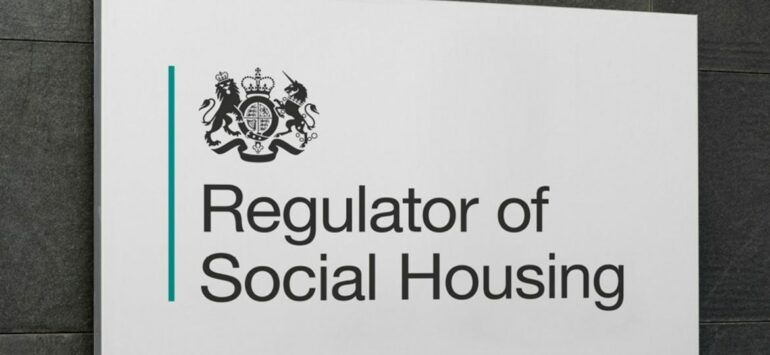The Regulator of Social Housing (RSH) has warned that social landlords need to keep improving how they govern and manage risk if they want to stay resilient.
Its latest Sector Risk Profile, published today, 6th November 2025, found that social landlords play a crucial role in building more and better homes, but ongoing financial pressures mean there’s little room for mistakes.
The profile found that landlords face big internal challenges, like record spending on upgrading existing homes, dealing with damp and mould, fire safety, and getting ready for the revised Decent Homes Standard.
External risks include rising debt costs, a weaker housing market, labour cost inflation and shortages, all adding to a tough environment.
Good governance is essential for landlords to manage these risks and stay financially secure, said the Regulator.
RSH added that boards and councillors need to use strong data across their business to deal with strategic risks.
They should also stress test their business to make sure they can handle shocks from outside and risks to tenants’ homes, which could cause financial problems over time.
Fiona MacGregor, CEO of the RSH, said: “Ignoring the value of good governance weakens social landlords’ resilience against risk.
“This is more important than ever, at a time when risks are intensifying and pressure is growing to deliver more and better social homes.
“Only by focusing on governance, informed by robust data and risk management processes, can landlords make the right strategic decisions and improve social housing in the long-term.”
The Regulator said it will keep using its regulatory tools, including inspections, to make sure landlords are well-run, financially viable and able to provide more and better social homes.




